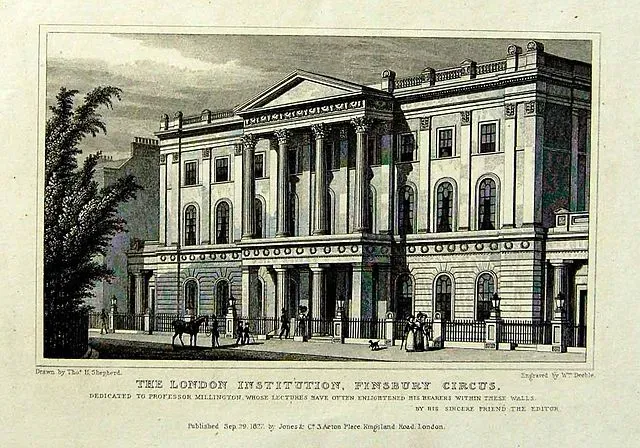The scholarly research community has come to depend on a series of open identifier and metadata infrastructure systems to great success. Content identifiers (through DataCite and Crossref) and contributor identifiers (through ORCID) have become foundational infrastructure for the community. But there is one piece of the infrastructure that is missing -- there currently is no open, stakeholder-governed infrastructure for organization identifiers and associated metadata.
In early 2016, DataCite began a collaboration with ORCID and Crossref to explore the organization identifiers landscape and on how our organizations could work with the community to solve the organization identifier problem (Demeranville et al., 2016). Out of those conversations emerged a way forward as expressed in the following documents:
- Organization Identifier Project: A Way Forward (Cruse, Haak, & Pentz, 2016)
- Organization Identifier Provider Landscape (Bilder, Brown, & Demeranville, 2016)
- Technical Considerations for an Organization Identifier Registry (Fenner, Paglione, Demeranville, & Bilder, 2016)
We invite the community to comment on these papers online via email (oi-project@orcid.org) or comments in the corresponding Google Docs (1, 2 or 3), or in person at Crossref LIVE16 on November 1st and 2nd or at PIDapalooza on November 9th and 10th. To move The OI Project forward, we will be forming a Community Working Group with the goal of holding an initial meeting before the end of 2016. The Working Group’s main charge is to develop a plan to launch and sustain an open, independent, non-profit organization identifier registry to facilitate the disambiguation of researcher affiliations
DataCite’s Focus
An important focus of DataCite’s work is to connect resources , which have a DataCite DOI, to other resources - for example new versions of the same dataset, collections of related datasets, or articles citing the dataset. Equally important is the support for linking these resources to the people and organizations who have contributed to their generation. We are working closely with ORCID to enable linking between DataCite DOIs and ORCID IDs. In July we relaunched our search to better show these relations between DataCite DOIs and other resources. And in September we launched an updated DataCite Metadata Schema (DataCite Metadata Working Group, 2016) with better support for linking to funding information. Enabling all these relations are persistent identifiers and metadata describing these relations.
DataCite also supports the linking of resources to academic institutions in one of two ways: Using the HostingInstitution contributor role, or via the affiliation attribute for creators and contributors. One gap we identified when analyzing linking to organizations (Fenner et al., 2015) last September is the lack of adoption of organizational identifiers. Without broad adoption of identifiers for organizations similar to how DataCite DOIs, Crossref DOIs and ORCID IDs are widely used in the scholarly community, it becomes very difficult to track these relations to institutions in a way similar to how we can track relations to people.
Again, we look forward to the community’s feedback either via email or in person at the PIDapalooza conference next week.
Acknowledgments
This blog post was originally published on the DataCite Blog, with corresponding blog posts by ORCID and Crossref.
References
- Bilder G, Brown J, Demeranville T. Organisation Identifiers: Current Provider Survey. ORCID; 2016. doi:10.5438/4716
- Cruse P, Haak L, Pentz E. Organization Identifier Project: A Way Forward. ORCID; 2016. doi:10.5438/2906
- DataCite Metadata Working Group. DataCite Metadata Schema Documentation for the Publication and Citation of Research Data v4.0. Published online 2016:45 pages. doi:10.5438/0012
- Demeranville T, Brown J, Fenner M, et al. Organisation Identifiers - Minimum viable product requirements. Published online 2016:371099 Bytes. doi:10.6084/M9.FIGSHARE.3479141
- Fenner M, Demeranville T, Kotarski R, et al. D2.1: Artefact, Contributor, And Organisation Relationship Data Schema. Zenodo; 2015. doi:10.5281/ZENODO.30799
- Fenner M, Paglione L, Demeranville T, Bilder G. Technical Considerations for an Organization Identifier Registry. ORCID; 2016. doi:10.5438/7885


